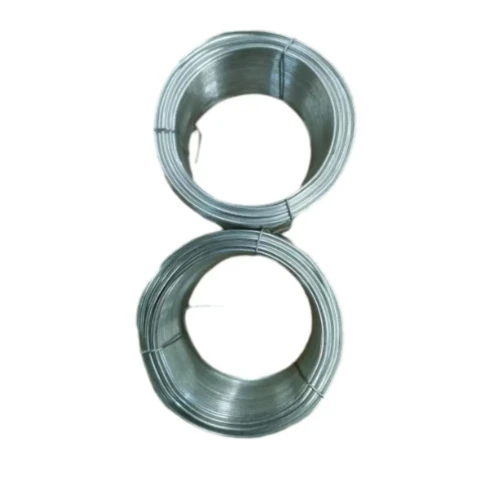dec . 31, 2024 07:52 Back to list
Construction Techniques for Chicken Mesh Wall Systems and Their Applications
Chicken Mesh Wall Construction A Comprehensive Guide
In the realm of agricultural and residential construction, chicken mesh walls have emerged as a practical and versatile solution for various purposes. Whether you're looking to secure your poultry, create a garden enclosure, or build a protective barrier, chicken mesh walls offer a cost-effective and durable option. This article explores the benefits, construction process, and best practices for utilizing chicken mesh in wall construction.
Understanding Chicken Mesh
Chicken mesh, also known as poultry netting or aviary wire, is a type of fencing made from wire strands that are woven together to form a grid. The mesh typically consists of galvanized wire, which provides excellent resistance to rust and corrosion, ensuring longevity even in adverse weather conditions. The standard size for chicken mesh usually features openings of around one inch, making it effective in keeping chickens contained while allowing adequate airflow and light penetration.
Benefits of Chicken Mesh Walls
1. Cost-Effective Chicken mesh is generally more affordable than traditional fencing materials like wood or metal panels. This makes it an excellent choice for budget-conscious projects.
2. Easy to Install The lightweight nature of chicken mesh makes it easy for individuals to handle and install without the need for heavy equipment. Even novice DIYers can complete a chicken mesh wall with relative ease.
3. Versatility While primarily designed for poultry enclosures, chicken mesh walls can be adapted for various uses, such as garden fencing, compost bins, and decorative trellises. This versatility enhances the mesh's value in diverse applications.
4. Visibility and Ventilation Unlike solid fences, chicken mesh allows visibility and airflow, which is advantageous for both pets and plants. This feature is particularly beneficial in maintaining an open and airy environment for chickens, reducing stress and promoting overall health.
Construction Process
chicken mesh wall construction

Building a chicken mesh wall is a straightforward process. Follow these steps for effective construction
1. Planning and Measurement Start by determining the area where the chicken mesh wall will be installed. Measure the length and height required, considering the specific needs of your chickens or intended use.
2. Materials Required - Chicken mesh - Wooden or metal posts (for support) - Post anchors or concrete (for securing posts) - Wire cutters - Staples or nails - A hammer or staple gun - Optional additional support like wooden beams or crossbars for larger enclosures
3. Setting the Posts Install the posts at regular intervals, typically every 6 to 8 feet. Ensure that the posts are securely anchored in the ground, either by digging holes and filling them with concrete or using post anchors.
4. Attaching the Mesh Starting at one end, unroll the chicken mesh alongside the posts. Using a staple gun or nails, attach the mesh to the posts, pulling it taut to prevent sagging. Trim any excess mesh with wire cutters.
5. Finishing Touches To enhance the stability of the structure, consider adding support beams or crossbars, especially in larger enclosures. This will help prevent the mesh from being pushed in by animals or harsh weather.
6. Inspection and Maintenance Regularly check the chicken mesh wall for signs of wear, rust, or damage. Promptly repair any issues to ensure the safety of the enclosure.
Conclusion
Chicken mesh walls provide an effective solution for a variety of fencing needs, combining affordability, ease of installation, and versatility. By following the outlined construction process and considering maintenance practices, you can create a sturdy and functional chicken mesh wall that serves its purpose for years to come. Whether for protecting poultry, enhancing garden aesthetics, or creating safe spaces for pets, chicken mesh walls are a reliable choice in modern construction.
-
The Role of Field Wire Fence in Grassland Conservation
NewsJul.15,2025
-
Stainless Steel Razor Wire Durability in Coastal Environments
NewsJul.15,2025
-
Enhancing Home Security with Mesh Fences
NewsJul.15,2025
-
Diamond Mesh Wire for Small Animal Enclosures
NewsJul.15,2025
-
Common Wire Nail Tensile Strength Testing for Woodworking
NewsJul.15,2025
-
Barbed Wire Corrosion Resistance Galvanization Techniques
NewsJul.15,2025









